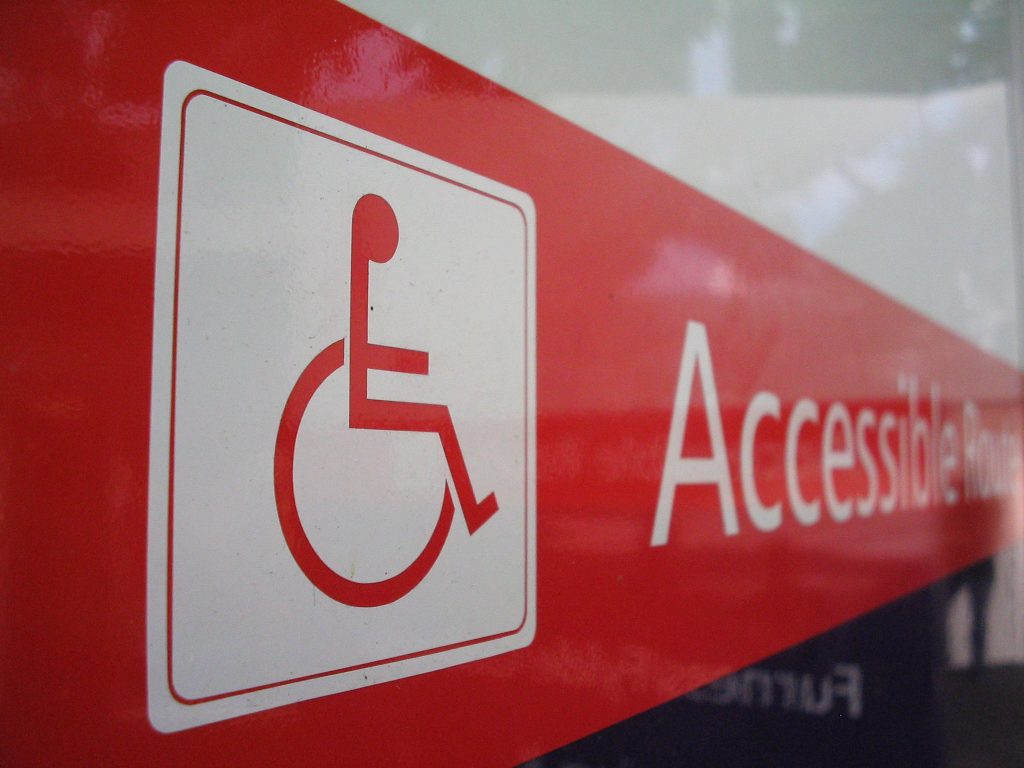 An employee is entitled to worker’s compensation benefits if he or she suffers an injury by accident during the course of his or her employment. Although worker’s compensation law has been liberally construed in favor of the injured employee, it is not an unlimited source of benefits for individuals unable to work. For example, in Royals v. Richwood, a Richwood, Louisiana resident named Donna Sue Royals attempted to appeal a judgment made by a Workers’ Compensation Judge (WCJ) who rejected her claim for permanent total disability (PTD) benefits. However, the Court of Appeal determined that the judgment was proper and denied Royals’ appeal.
An employee is entitled to worker’s compensation benefits if he or she suffers an injury by accident during the course of his or her employment. Although worker’s compensation law has been liberally construed in favor of the injured employee, it is not an unlimited source of benefits for individuals unable to work. For example, in Royals v. Richwood, a Richwood, Louisiana resident named Donna Sue Royals attempted to appeal a judgment made by a Workers’ Compensation Judge (WCJ) who rejected her claim for permanent total disability (PTD) benefits. However, the Court of Appeal determined that the judgment was proper and denied Royals’ appeal.
During the 2002-2003 school year, Royals was hired by the Town of Richwood to work as a resource officer at Richwood High School. In September 2002, Royals twisted her knee while getting out of her patrol car during a routine perimeter check of the school. The next day, she exacerbated the injury when she “misstepped” in the police station restroom. As a result of this injury, Royals was advised by her family physician to seek treatment and in November 2002, she began seeing an orthopedic surgeon, Dr. Douglas Brown. In December 2002, Dr. Brown performed arthroscopic surgery that allowed Royals to return to work as a dispatcher in January 2003. However, she continued to experience pain from the injury and in January 2005 she received a complete knee replacement, which was also performed by Dr. Brown. In May 2005, Dr. Brown released Royals to return to modified work and within three months she was issued a medical release allowing her to return to her original job position. Despite receiving a release, Royals never returned to her previous position.
In her claim, Royals alleged that the WCJ had made a mistake by refusing to award her permanent and total disability benefits. Royals further argued that her lengthy list of medical issues all flowed from this single work-related accident. In response, the Town of Richwood argued that Royals’s medical problems were not the result of her knee injury. Further, the Town of Richwood argued that Royals’s history demonstrated that although she had the ability to return to work and effectively perform her job, she choose not to. As evidence, they offered the fact that Royals cared for her sick mother and continued to drive through 2011. While the Town of Richwood argued that Royals’s sedentary lifestyle contributed to her medical issues, Royals argued that her lifestyle was a result of the injury she received on the job.
 Expropriation is the act of the government taking privately owned property and using it for the benefit of the public. Generally, most expropriation cases deal with the construction of public roadways and highways. Where the land is expropriated, the private landowner is generally compensated. In one particular matter involving the expropriation of land to build a highway, valuing the trees on the land became more troublesome than anticipated.
Expropriation is the act of the government taking privately owned property and using it for the benefit of the public. Generally, most expropriation cases deal with the construction of public roadways and highways. Where the land is expropriated, the private landowner is generally compensated. In one particular matter involving the expropriation of land to build a highway, valuing the trees on the land became more troublesome than anticipated. Louisiana Personal Injury Lawyer Blog
Louisiana Personal Injury Lawyer Blog


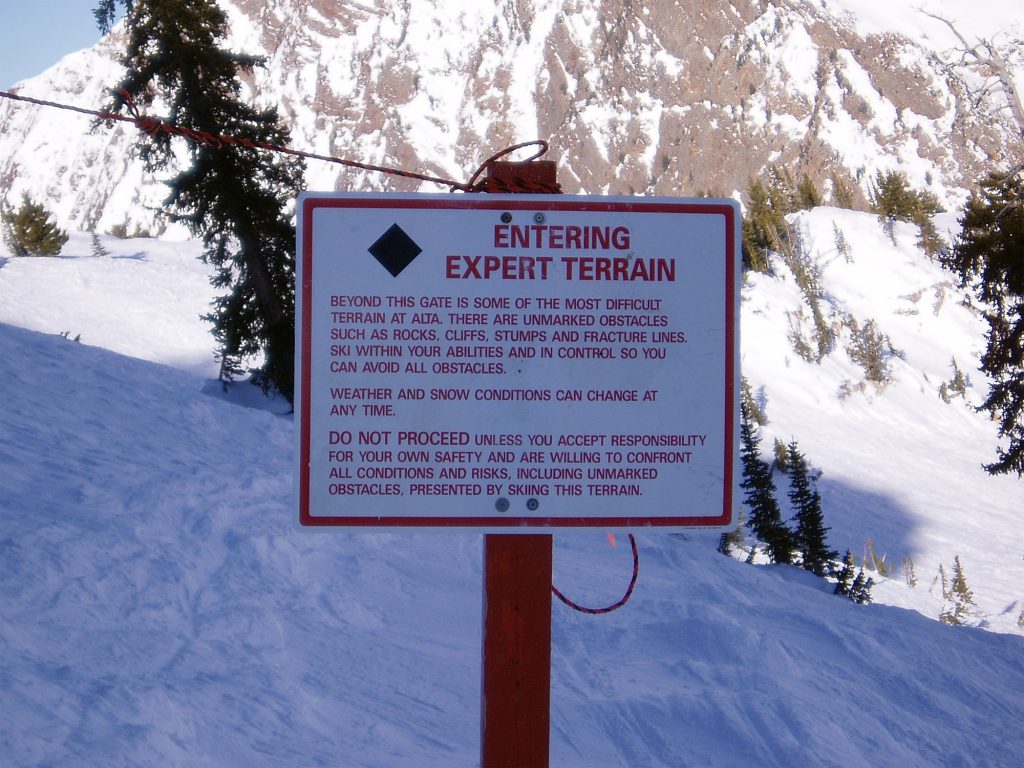 When asserting a cause of action or maintaining certain legal defenses in court, parties bear the burden of proving their case. This is done by presenting evidence to the court such as documents and witness testimony. Often, certain issues will require the court to make findings of fact which require scientific expertise or specialized knowledge. Expert witnesses assist the trial court in understanding complex issues of fact that could be determinative to the outcome of a case. A recent decision discusses how a court qualifies experts and utilizes their testimony.
When asserting a cause of action or maintaining certain legal defenses in court, parties bear the burden of proving their case. This is done by presenting evidence to the court such as documents and witness testimony. Often, certain issues will require the court to make findings of fact which require scientific expertise or specialized knowledge. Expert witnesses assist the trial court in understanding complex issues of fact that could be determinative to the outcome of a case. A recent decision discusses how a court qualifies experts and utilizes their testimony.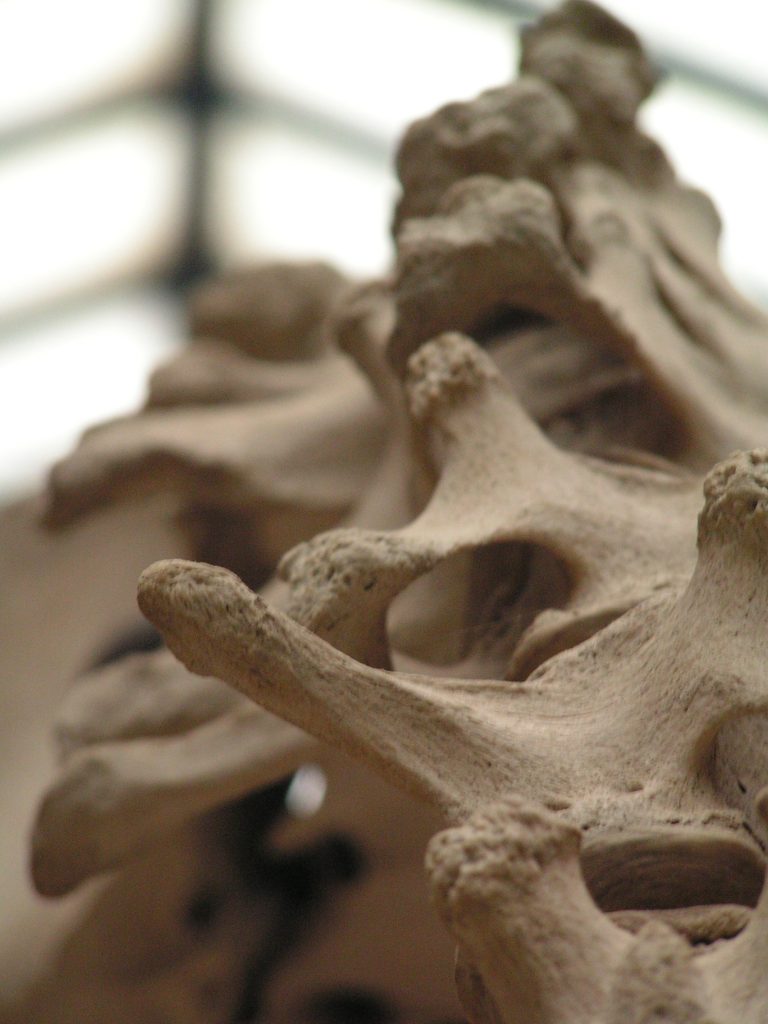
 After a workplace injury, navigating the benefits provided by workers’ compensation can be a complicated process. Workers’ compensation judges’ decisions are rarely overturned when their rulings are largely fact-based. A recent lawsuit out of Ouachita Parish demonstrates the importance of finding a good lawyer who can ensure that you secure all entitled benefits and can navigate through the legal system when issues arise.
After a workplace injury, navigating the benefits provided by workers’ compensation can be a complicated process. Workers’ compensation judges’ decisions are rarely overturned when their rulings are largely fact-based. A recent lawsuit out of Ouachita Parish demonstrates the importance of finding a good lawyer who can ensure that you secure all entitled benefits and can navigate through the legal system when issues arise. 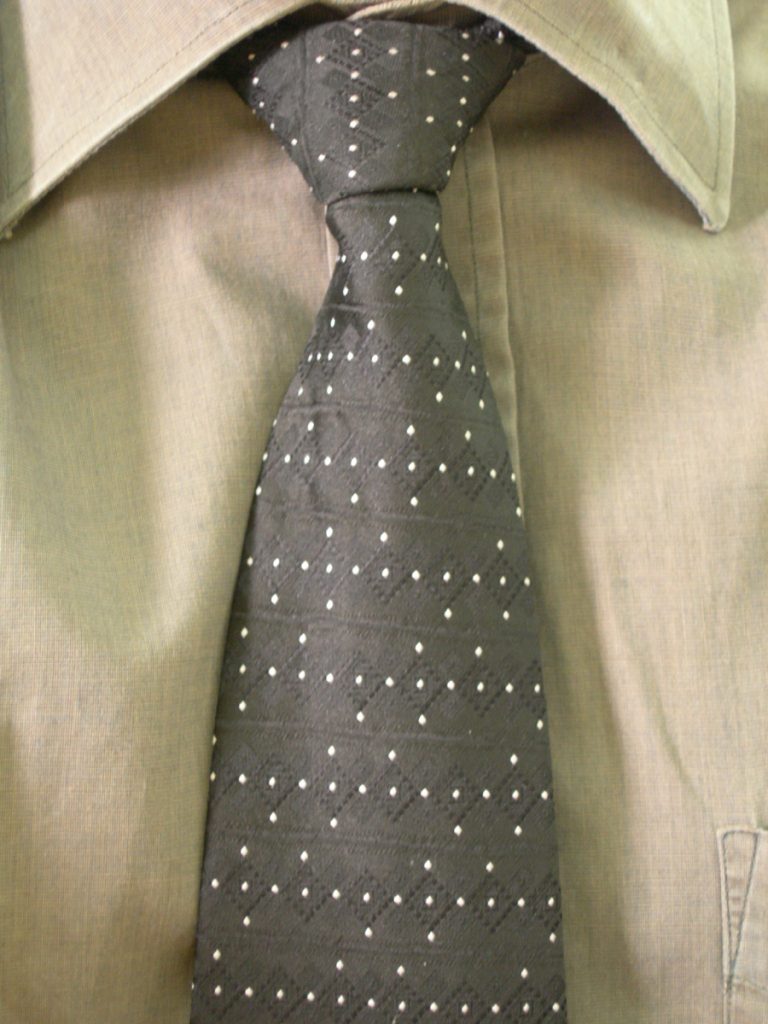 Witnesses often play a critical role in the outcome of a lawsuit, which is why opposing parties often try to discredit witnesses that may be harmful to their argument. In a recent case where a plaintiff attempted to discredit a witness for the defense, the opinion of the judge who actually heard the witness testimony reigned supreme.
Witnesses often play a critical role in the outcome of a lawsuit, which is why opposing parties often try to discredit witnesses that may be harmful to their argument. In a recent case where a plaintiff attempted to discredit a witness for the defense, the opinion of the judge who actually heard the witness testimony reigned supreme.  When purchasing property, buyers should be aware of rights reserved by others in the deed. Certain reservations of rights made by an original owner can continue to haunt a parcel of property through successive conveyances and multiple owners. In Louisiana, the language in a deed can create a personal servitude, a charge or burden on a piece of property for the benefit of another person. Personal servitudes are not automatically extinguished at death and may be inheritable by descendants of the beneficiary. For example, a seller may reserve hunting rights for his or her family on the newly purchased property for generations. Needless to say, disputes often arise regarding the breadth and depth of such reservations. When interpreted by a court, the intent of the original parties in negotiating the reservation is key, as shown by a recent decision of the Louisiana Third Circuit Court of Appeal.
When purchasing property, buyers should be aware of rights reserved by others in the deed. Certain reservations of rights made by an original owner can continue to haunt a parcel of property through successive conveyances and multiple owners. In Louisiana, the language in a deed can create a personal servitude, a charge or burden on a piece of property for the benefit of another person. Personal servitudes are not automatically extinguished at death and may be inheritable by descendants of the beneficiary. For example, a seller may reserve hunting rights for his or her family on the newly purchased property for generations. Needless to say, disputes often arise regarding the breadth and depth of such reservations. When interpreted by a court, the intent of the original parties in negotiating the reservation is key, as shown by a recent decision of the Louisiana Third Circuit Court of Appeal. Failing to name all potentially liable parties in a lawsuit in a timely manner could result in the loss of the right to add those parties to the lawsuit at all. A case out of Avoyelles Parish, Louisiana illustrates the importance of finding a good lawyer after an automobile accident to ensure that all potentially liable parties are named before it is too late.
Failing to name all potentially liable parties in a lawsuit in a timely manner could result in the loss of the right to add those parties to the lawsuit at all. A case out of Avoyelles Parish, Louisiana illustrates the importance of finding a good lawyer after an automobile accident to ensure that all potentially liable parties are named before it is too late.  If you have been injured in a work accident, it’s important to know that limitations and restrictions are often placed on your rights under workers’ compensation packages. Speaking to a good lawyer before undergoing any non-emergency treatment is crucial to ensuring that you will be reimbursed for your expenses. A case arising out of Lafayette, Louisiana illustrates the importance of this point.
If you have been injured in a work accident, it’s important to know that limitations and restrictions are often placed on your rights under workers’ compensation packages. Speaking to a good lawyer before undergoing any non-emergency treatment is crucial to ensuring that you will be reimbursed for your expenses. A case arising out of Lafayette, Louisiana illustrates the importance of this point.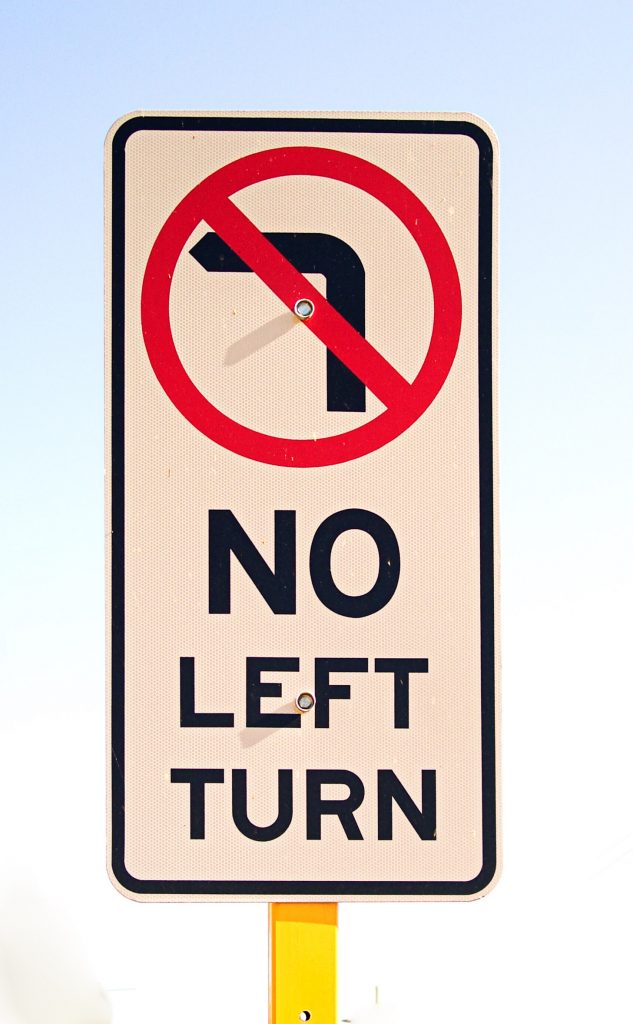 If you are involved in a motor vehicle accident while making a left turn, you are presumed to be negligent because of the dangerous nature of the turn. You will have to overcome this presumption of negligence even if you think the accident is not your fault. See Baker v. State Farm Mut. Auto. Ins. Co., 162 So.3d 405 (La. Ct. App. 2015).
If you are involved in a motor vehicle accident while making a left turn, you are presumed to be negligent because of the dangerous nature of the turn. You will have to overcome this presumption of negligence even if you think the accident is not your fault. See Baker v. State Farm Mut. Auto. Ins. Co., 162 So.3d 405 (La. Ct. App. 2015). An employee is entitled to worker’s compensation benefits if he or she suffers an injury by accident during the course of his or her employment. Although worker’s compensation law has been liberally construed in favor of the injured employee, it is not an unlimited source of benefits for individuals unable to work. For example, in
An employee is entitled to worker’s compensation benefits if he or she suffers an injury by accident during the course of his or her employment. Although worker’s compensation law has been liberally construed in favor of the injured employee, it is not an unlimited source of benefits for individuals unable to work. For example, in